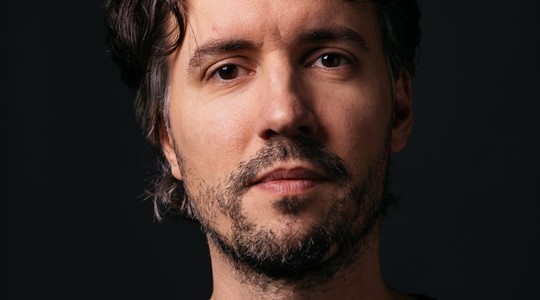'Learning to learn' is of great importance for increasing the success of students in secondary education. In order to fit in with the labour market of tomorrow, today's pupils must be prepared for 'lifelong learning'. Schools are looking for ways to equip students with strategies to manage and adjust their learning themselves and proactively. There are hardly any tools available. As a result, teachers often get stuck in well-intentioned but not very effective guidance approaches.
We see the same problem in secondary school teacher training. Students become more passive in the degree of self-regulated learning during their studies. During their study programme, students are given more and more opportunities to regulate their own learning process. However, the autonomy that trainers offer in this respect does not automatically contribute to the development of students' self-regulated learning skills. Effective pedagogical-didactical interventions by trainers have hardly been described. Moreover, there is a lack of systematic understanding of the conditions and processes involved. Based on this bottleneck, we are working together with the professional field and the Institute for Teacher Education in a Consortium to draw up and implement a joint long-term research agenda in the field of learning to learn.
With this lectorate Rotterdam University of Applied Sciences links up with the lectorate Innovative Education of Sins at Thomas More University of Applied Sciences. The knowledge institutions involved stimulate the dissemination of knowledge and insights into the formative practice of lecturers and teacher educators through this link of research programmes.
"I am very much looking forward to taking on the challenge of working as a professor at Rotterdam University of Applied Sciences and to combining this with my professorship at Thomas More University of Applied Sciences. I hope to be able to contribute to improving the quality of secondary education in our region and our own teacher training by using insights from practice-based educational research together with researchers and professionals in the field.''
Professor Learning



